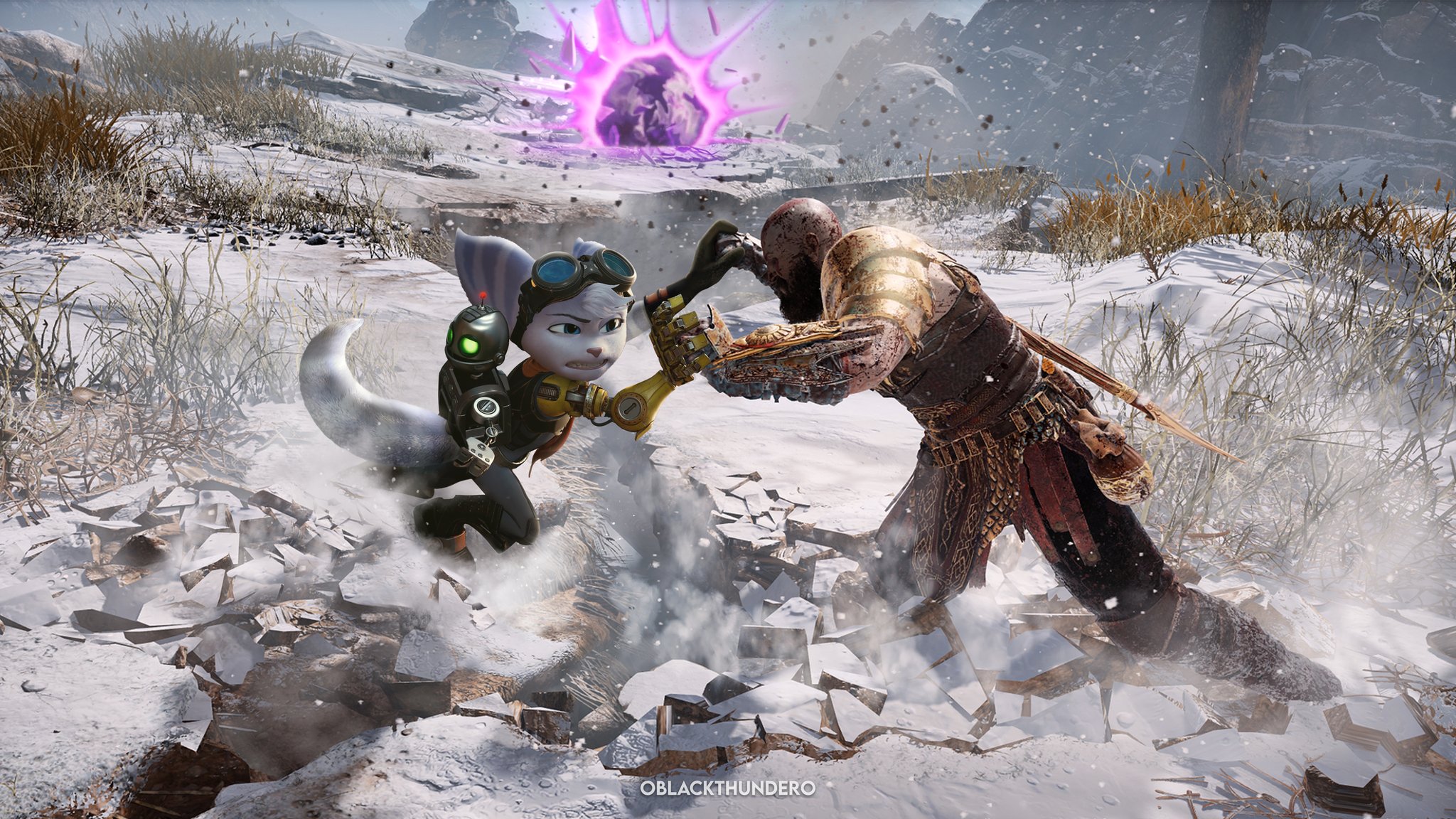Their premises (the main one anyway) is huge. Bigger than some current PS Studios and that is all on Sony's money.
One thing I hope Sony understand about their future GAAS games is that content is king. Destruction Allstars lacked content and didn't have a clear roadmap. You need long-term buy in and I hope they synergise between studios so they aren't stepping on each other's toes. Simultaneous PC launches are also essential.
Sony currently has GaaS titles like Gran Turismo 7, MLB The Show 22 and Destiny 2, and I think they are more representative of their future GaaS than the failed, smaller experiment Destruction AllStars.
The other "over 10 GaaS in development" seem to be GT7, MLB 22, the TLOU2 Factions game, the games from Haven (ex AC/Watchdogs/R6/etc), Deviation (ex-CoD BO), Firewalk (ex-Bungie and Apex Legends), two Bungie new IPs, the MP game from Guerrilla with the R6 Siege/Killzone 2 MP director, the next Sony London game and (if isn't the same of the London one) the Firesprite MP game.
GAAS works because it allows developers to launch a minimum viable product, and if it catches, they can work on the content pipeline later. The reverse doesn't work.
This is true, but also because GaaS allow players who desire it (a very small percent of the total) to spend way more money on the game than the one it costs to buy the game. In some cases, specially the most successful ones, means successful AAA GaaS generate way more revenue than successful non GaaS games.
Traditionally also means GaaS have a way higher cost because in many cases they are developing and adding extra content for years. But as you mention the good part is that if they see the minimum viable product tanks they can stop or reduce post launch content, saving a lot of development costs.
GT7 is a great, successful game. So they will continue supporting it for years with new content and features, as happened with let's say Destiny 2. Destruction All Star instead was a failure, so they did stop adding post launch stuff.











